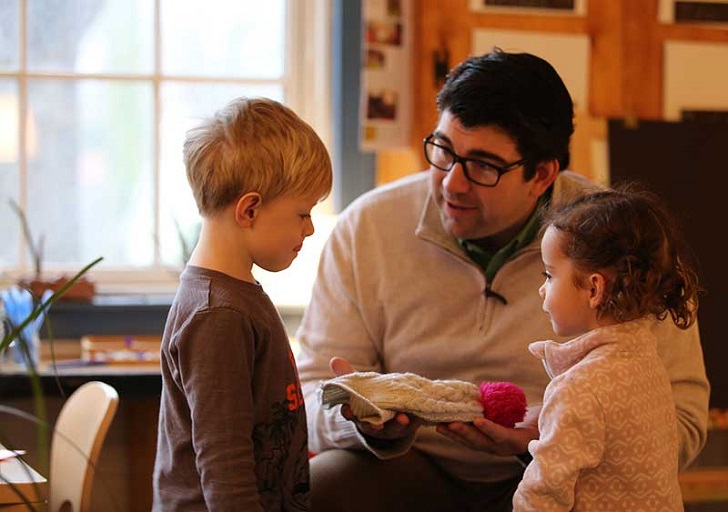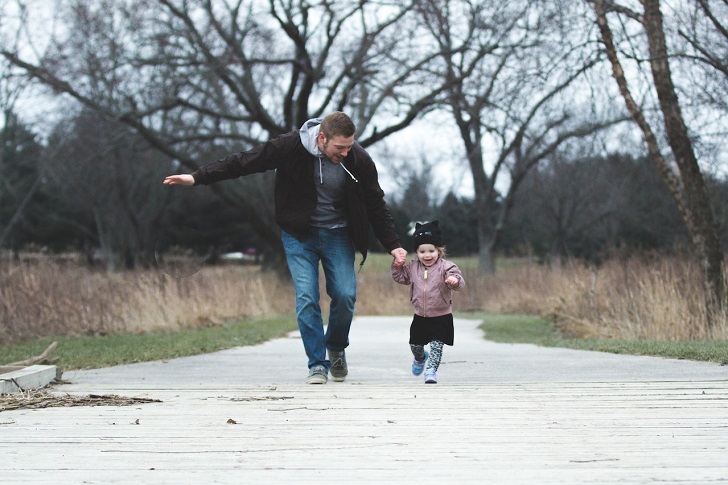Having children is a life-changing experience that comes with numerous challenges and responsibilities. While it is well-known that raising children can be demanding, many people may not be aware of the unexpected health benefits of parenthood.
Beyond the joys and fulfillment of nurturing the next generation, research has shown that having children can positively impact parents’ physical, mental, and emotional well-being. Here are some of the unexpected health benefits of having children.
Mental Stimulation
Interacting with children can be mentally stimulating for parents. Engaging in educational activities, answering curious questions, and helping with school projects can keep parents’ minds active and alert. Staying mentally engaged is essential for cognitive health, especially as individuals age. Parenthood provides regular opportunities for parents to stay sharp and mentally active.

Sense of Fulfillment and Happiness
The journey of parenthood is often filled with moments of joy, pride, and happiness. Witnessing a child’s growth and accomplishments can bring a sense of fulfillment to parents. This emotional reward positively impacts mental health and overall well-being. The happiness derived from parenthood can act as a buffer against negative emotions, promoting a more positive outlook on life.
Increased Physical Activity
Parents often engage in various physical activities while caring for their children. From playing in the park to chasing energetic toddlers, parenthood encourages an active lifestyle.
These daily physical activities can help parents improve their cardiovascular health, increase muscle strength, and maintain a healthy weight. Moreover, spending time outdoors with their children allows parents to enjoy fresh air and sunshine, contributing to better overall well-being.
Enhanced Immune System
Having children exposes parents to germs and infections that children often bring home from school or daycare. While this can be challenging, it can also help strengthen the parents’ immune systems. Exposure to diverse germs may increase parents’ immunity over time, making them less susceptible to common illnesses in the long run.

Stress Reduction
Parenthood undoubtedly brings stress and challenges, but studies have shown that it can also reduce stress in some ways. When parents interact with their children, their bodies release oxytocin, often called the “love hormone” or “bonding hormone.”
Oxytocin has a calming effect on the brain, reducing stress and promoting feelings of love and attachment. Moreover, the responsibilities of parenthood may shift parents’ focus away from their worries, providing a sense of purpose and fulfillment that can alleviate stress.
Social Support and Connection
Having children can strengthen social support networks for parents. Joining parenting groups, attending school events, and interacting with other parents can create a sense of community and belonging.
This social connection is crucial for mental and emotional well-being, as it reduces feelings of isolation and loneliness. Parents can share experiences, seek advice, and support one another, fostering a sense of camaraderie and understanding.

Longer Life Expectancy
Surprisingly, some studies suggest that parents may have a longer life expectancy compared to individuals who do not have children. While the exact reasons for this are not entirely clear, it is believed that the emotional and social support gained through parenthood may play a role in longevity.
Additionally, parents may be more motivated to prioritize their health and make healthier lifestyle choices for the sake of their children.
Development of Patience and Resilience
Parenting requires patience and resilience, which involves navigating various challenges and setbacks. Over time, parents learn to adapt, problem-solve, and persevere in adversity. Developing these traits can positively impact parents’ mental and emotional health, enabling them to cope effectively with life’s challenges beyond parenting.




